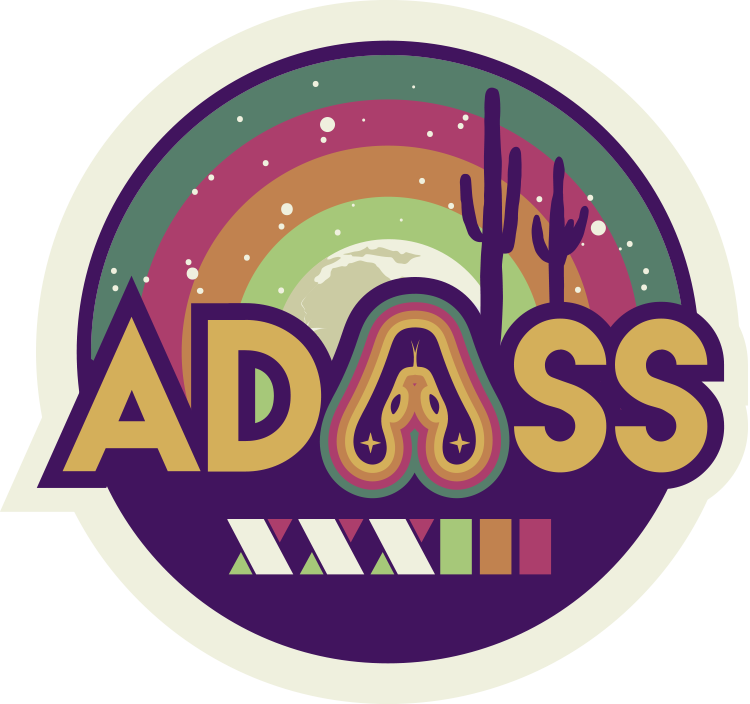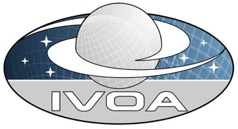ADASS posters are displayed all week
When
Theme: Other creative topics in astronomical software
LOFAR, the LOw Frequency Array, is a continent-scale radio telescope, based in the Netherlands and with stations across much of Europe. In operation now for more than a decade, LOFAR has an enviable track record of delivering fundamental scientific results across multitude of areas including lightning, exoplanets, solar, extragalactic, cosmic rays, ionosphere, pulsar & transients, and galaxies. ASTRON and its partners in the International LOFAR Telescope collaboration are now in the midst of upgrading the system to produce LOFAR2.0, an even more capable and flexible instrument that promises to continue this record for many years to come.
Modern radio interferometers like LOFAR are extremely data intensive: the LOFAR Long Term Archive currently has around 60 PB under management, increasing at about 10 PB per year. The new LOFAR2.0 system is projected to be more than twice as data-intensive as the current one. Furthermore, we increasingly recognize that simply archiving instrumental data is no longer adequate: to fully realize the potential of this remarkable instrument, we need to provide a range of science-ready data products together with a compelling portfolio of data discovery tools as well as systems for batch processing and interactive data analysis.
In this talk, we will describe the system that has been developed over the last decade in support of LOFAR operations, highlighting recent major progress in the capabilities of our pipelines for bulk calibration and imaging of interferometric data. We will then describe our plans for modernizing and upgrading the system to ensure that we are ready to meet the needs of the community in the LOFAR2.0 era and beyond.



